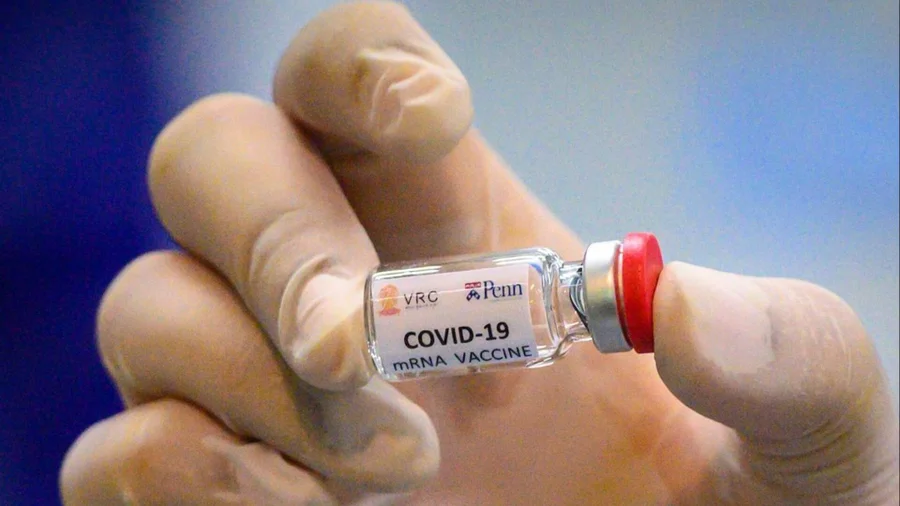The Centers for Disease Control and Prevention‘s airport screening program has detected multiple cases of the new COVID-19 variant NB.1.8.1, which has been linked to a large surge of the virus in China.
Cases linked to the NB.1.8.1 variant have been reported in arriving international travelers at airports in California, Washington state, Virginia and the New York City area, according to records uploaded by the CDC’s airport testing partner Ginkgo Bioworks.
Details about the sequencing results, which were published in recent weeks on the GISAID, or Global Initiative on Sharing All Influenza Data, virus database, show the cases stem from travelers from a number of countries, including Japan, South Korea, France, Thailand, the Netherlands, Spain, Vietnam, China and Taiwan. The travelers were tested from April 22 through May 12, the records show.
A spokesperson for the CDC did not immediately respond to CBS News’ request for comment.
Cases of NB.1.8.1 have also now been reported by health authorities in other states, including Ohio, Rhode Island and Hawaii, separate from the airport cases. In California and Washington state, the earliest cases date back to late March and early April.
Experts have been closely watching the variant, which is now dominant in China and is on the rise in parts of Asia. Hong Kong authorities say that rates of COVID-19 in the city have climbed to the worst levels they have seen in at least a year, after a “significant increase” in reported emergency room visits and hospitalizations driven by COVID-19.
While authorities in Hong Kong say there is no evidence that the variant, a descendant of the XDV lineage of the virus, is more severe, they have begun urging residents to mask when in public transportation or crowded places as cases have climbed.
Health authorities in Taiwan have also reported a rise in emergency room visits, severe cases and deaths. Local health authorities say they are stockpiling vaccines and antiviral treatments in response to the epidemic wave.
Preliminary data from researchers in China suggest the NB.1.8.1 variant is not better at evading the immune system compared to other strains on the rise, but it does have a greater ability to bind to human cells, suggesting it could be more transmissible.



